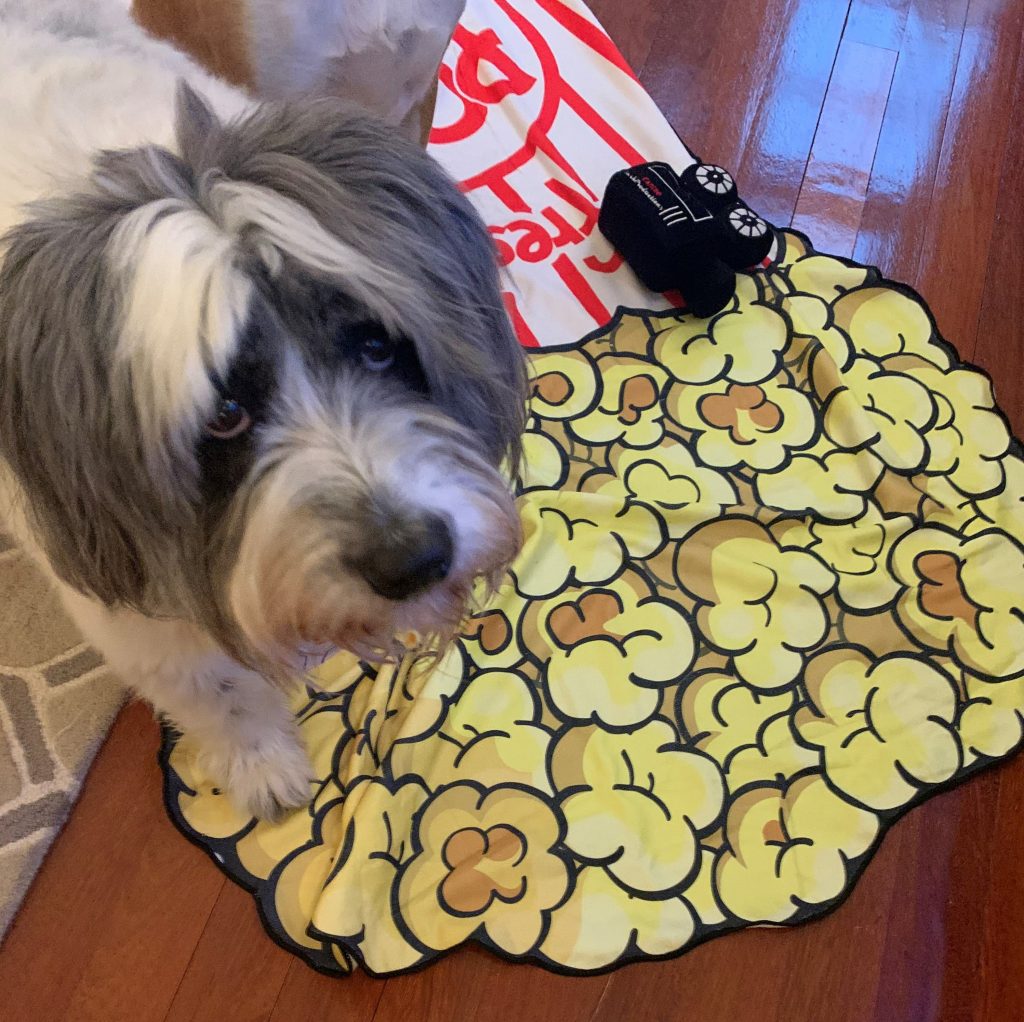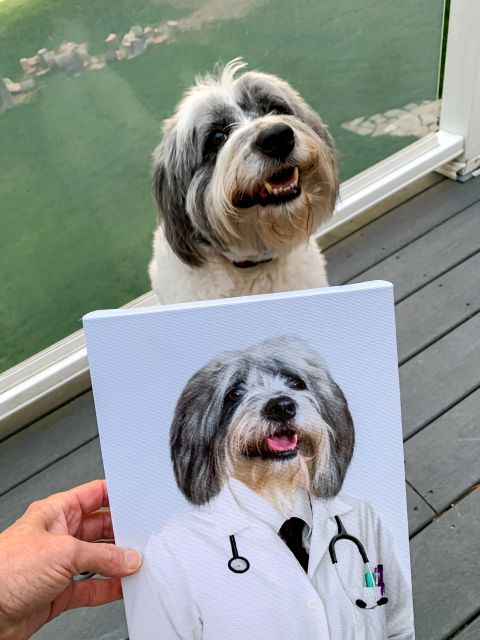Tennis Anyone?

Nala enjoys a good game of tennis when she is not practicing her therapy dog skills.

Chasing after tennis balls is fun, but a dog can get tired. After a good game of tennis, Nala relaxes with one of her favorite chew toys.

Nala enjoys a good game of tennis when she is not practicing her therapy dog skills.

Chasing after tennis balls is fun, but a dog can get tired. After a good game of tennis, Nala relaxes with one of her favorite chew toys.

Our friend Teddy was supposed to star in the stage version of Annie at the Goodspeed Opera House. Instead, he and his owner, Heidi, did a school movie about therapy dogs.
The movie is part of an Apple + TV series called “Little Voices.” You can watch a trailer for the movie on YouTube.
Teddy is one cool pup!!

Summertime should be fun, but Nala is all business. She is working hard to maintain her skills so she will be ready to return to school in the fall. Nala misses classroom visits where she spends time with young children helping them become strong readers. The students and staff at UConn Health miss Nala too!

During the summer, Lulu’s family spends a lot of time at the shore.

Being on the water is one of Lulu’s favorite things.

As soon as the boat stops and Lulu hears a splash, that’s her cue to jump in.

During this past school year, until schools closed, Bella visited the classes of children with special needs. Some of the children were on the autism spectrum, others had suffered emotionally, or had hyperactivity disorder.
When schools shifted to remote learning, Bella and her owner, Howard, began meeting children when they would go for walks. The families in their neighborhood learned that Bella is a therapy dog and asked Howard if Bella could have socially-distanced visits with their children. Bella knows lots of tricks and has been keeping the neighborhood children entertained.

Rocky’s family celebrated the birth of their first grandchild on March 15. Rocky and his owners, Leo and MaryEllen, built a snow baby to brighten the new parent’s special day.

The snow melted quickly, and Rocky had nothing to guard. Time for a game of Frisbee!

Rocky can’t wait to greet the new baby. He feels he is ready to be a dog nanny!

Tilde is in training to become a therapy dog. Her owner, Teri, hopes Tilde can come to the library to visit with students and staff. In the meantime, Tilde is learning to wear a face mask.

At the age of 12, Febee is taking it easy. She walks every day and plays with her brothers, Spenser and Vader. While they wildly chase balls in the yard, she stands off to the side, ball in her mouth, and watches. Occasionally, she attempts to chase her ball, but it’s more of a meander than a chase!
Feebee’s owner Adele feels she misses her therapy dog work. When Feebee is not walking or watching the boys, she is usually napping on her favorite chair, her brothers’ beds, or the couch! Feebee wishes social distancing, and the quarantine would end.

Teddy’s mom, Heidi, told us he has been walking a lot and spending time with his human brother and sister.
Teddy misses his mom who has been out-of-state helping Grandma. He can’t wait for her to get home, because FaceTime is too confusing.

Teddy’s dad works as doctor in the emergency department. Looks like Teddy might be following in his footsteps. What might Teddy’s first order be? Pass the bacon stat!

Beau misses his library visits with UConn Health students, staff, and visitors. His owner Marilyn told us it took Beau a couple of weeks to get used to social distancing and staying at home. Now Beau enjoys snoozing during the day and catching up on his reading.

To keep his therapy dog skills sharp, Beau will be joining a new reading program with the Tootin Hills Elementary School in West Simsbury. He will visit students via Zoom each week to help young readers reach their learning goals.